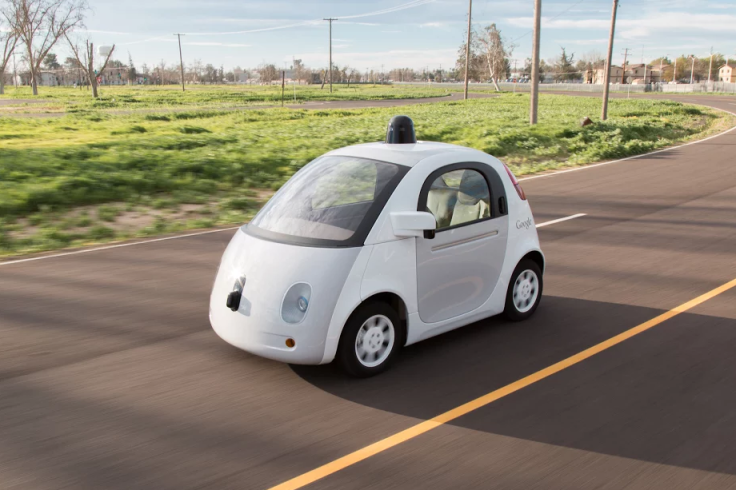Self-driving cars could remove government income from parking tickets and driving-offence fines

With both Apple and Google now working on autonomous vehicle technology, self-driving cars could mean much safer driving and less accidents, but it could also mean that local governments would lose one key source of income – parking tickets.
Researchers from the Brookings Institution at Arizona State University have pointed out in a recent report that while emerging technologies such as 'the Internet of Things' and Smart Cities could potentially be very useful to local governance, automated cars might end up costing them money.
In 2014, the City of Los Angeles in the US earned $161m (£104m) in parking violations, and on average, each city in California drives $40m in income annually from towing fees that are shared with towing firms.
And then there are fines for driving offences, which can cost a lot. Driving under the influence of alcohol or narcotics costs up to $22,492 for a driver under the age of 21 in the State of California, while adults are fined up to $15,649.
Yet if everyone switches to using self-driving cars, then governments stand to lose a lot of income.
Some 11 accidents in six years
Google says that in six years of testing autonomous cars on the roads of California, it has only sustained 11 accidents, and most of the accidents were caused by human drivers either crashing into the back of its cars or sideswiping them.
This is not bad considering that Google claims its cars clock up more than 10,000 self-driven miles per week. But what will local governments do if they cannot rely on bad driving as a source of income?
"Once driverless vehicles have a proven track record, local governments will lose a major source of revenue while citizen health and safety increases," the researchers write in their report. "In fact, you could say government is essentially left out of the game entirely, aside from still being on the hook for maintaining a transportation infrastructure without revenue sources and regulating an industry that it has virtually no data on (because the private sector will have cut government out of the overwhelming majority of their successful business operations)."
"The challenge will be identifying opportunities within the context of these changes and emerging technologies to insert tax collection mechanisms that generate a revenue offset for the losses created in other areas in order to cover the costs associated with meeting these basic responsibilities."
Mobile apps negate parking tickets
But it's not just driverless cars that are to blame for local government money troubles: in April 2014, the District of Washington DC reported that it had issued 85,000 fewer parking tickets in 2013 than it had previously, which was due to citizens using mobile apps to find and pay for parking.
The apps have the ability to allow users to wirelessly top up their parking meter, so there's no longer a need to race against time dashing back to the car park to move your car or pay for more parking.
But don't get too excited – the UK Department of Transport has published a new set of rules for testing driverless cars on public roads, which dictate that a human driver must be in the car to take over manually in case there is a problem.
Also, even if the car is driving autonomously, the accompanying human driver is not allowed to read a book, use a tablet computer or take a nap as this may confuse people driving their own cars.
As long as humans are involved, traffic problems can still happen. So perhaps self-driving cars will only lessen problems rather than completely eradicating them.
© Copyright IBTimes 2025. All rights reserved.






















